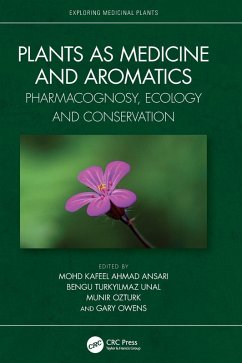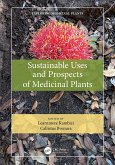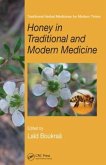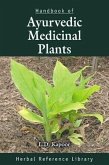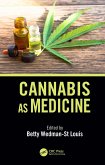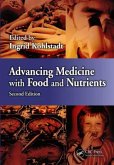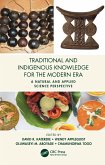Since ancient times, plants serve as a valuable source of traditional herbal medicines. Unlike modern medicines, herbal medicines have consistently demonstrated health advantages, including a lack of serious adverse side effects, long-lasting curative impacts and overall cost-effectiveness. Even today, with various modern pharmaceutical medicines commonly available, plant-based medicines and aromatics are increasingly in demand throughout the health sector globally, where they are used not only for the treatment of disease, but also, preventatively for maintaining good health. People are seeking alternatives to modern medical treatments turning to phytomedicine for primary health care. However, an inadvertent consequence of this increased demand for herbal medicines has resulted in medicinal plants being threatened due to their initial small population sizes, narrow distribution areas, habitat specificity, and increasingly destructive non-sustainable harvesting. This book critically examines and reviews the status of medicinal plants and includes several important case studies of representative plant species. It contains information on aspects concerning phytochemistry, natural products, cultivation, conservation techniques, environmental interactions, and therapeutic features of medicinal aromatic plants. Features Evaluates plants as medicine and aromatics covering pharmacognosy and ecology of plants having therapeutic values. Discusses how plants can play a role in treatment of diseases and as potential therapeutics standards for maintaining good health. Presents conventional and contemporary approaches to conservation of such plants with commercial feasibility.
Hinweis: Dieser Artikel kann nur an eine deutsche Lieferadresse ausgeliefert werden.
Hinweis: Dieser Artikel kann nur an eine deutsche Lieferadresse ausgeliefert werden.

